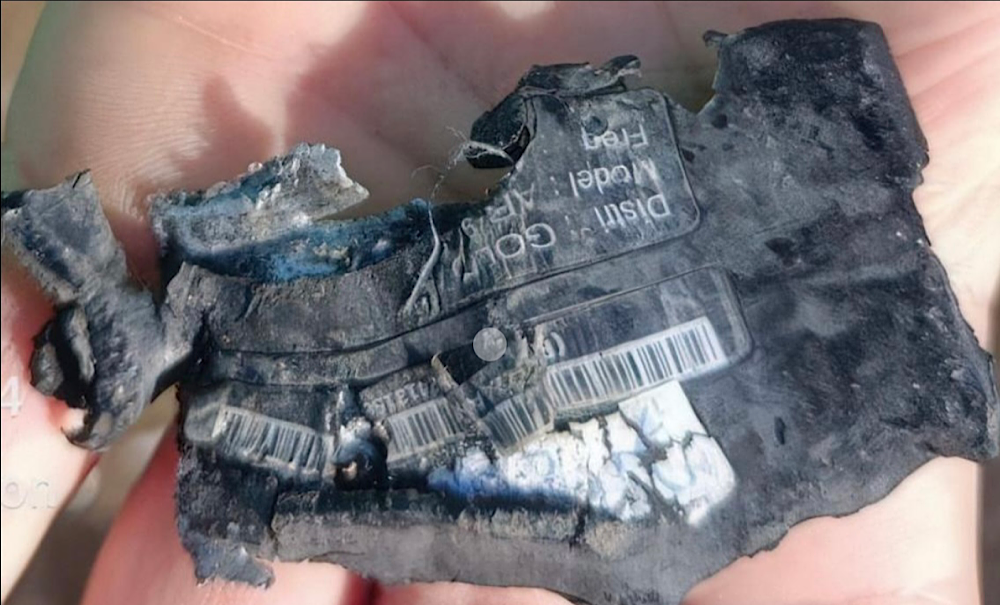For the HALO Trust, exploding pagers are like anti-personnel mines
In yesterday's action in Lebanon, apparently harmless objects turned out to be powerful weapons. The NGO that works in 28 countries to remove mines left behind by conflicts calls for an urgent response to the rise of autonomous weapons, part of a broader "phenomenon of miniaturisation of explosive devices and their use in micro drones”. Increasingly, demands are being made for a new ban treaty, like the one with landmines.
Beirut (AsiaNews) – Yesterday's attack in Lebanon (and Syria) against members of the Hezbollah movement killed at least 12 people and wounded more than 2,800, in what was most likely an operation carried out by Israel. The operation shows, once again, how devastating new technologies and artificial intelligence can be in conflicts.
According to the HALO Trust, apparently harmless objects, like pagers, have been turned into powerful and lethal devices such as anti-personnel mines, hitting not only pro-Iranian militiamen, but also innocent civilians.
For James Cowan, a former British army officer and now CEO of the HALO Trust, yesterday's operation in the Middle East shows an urgent need to deal with “the rise of autonomous weapons powered by artificial intelligence.”
The expert notes that pagers turned into weapons "may be a one-off”, but the operation points to a much broader "phenomenon associated with the miniaturisation of explosive devices [and] their use in micro drones”.
The HALO (Hazardous Area Life-support Organisation) Trust is a humanitarian non-governmental organisation that has worked for years, mainly to remove unexploded landmines and other explosive devices left behind by conflicts.
The NGO operates in 28 countries with over 10,000 staff worldwide, presently focusing on Afghanistan, where it continues to operate even under the control of the Taliban regime that took power in August 2021.
Yesterday's atypical attack by Israel against Lebanon’s Hezbollah is a "fast-moving situation", James Cowan said. “The jury is still out on how these devices were made to explode,” he added.
“There may have been small amounts of explosive involved and an element of autonomy, or the batteries could have been made to ‘super-heat’, and therefore ignite, through radio messages sent by human hand.
In any case, “legislation along the lines of the land mine ban is urgently necessary to catch up with this technology."
HALO's success in tackling landmines is linked in part to the Ban Treaty signed in Ottawa in 1997, a few months after the death of Diana, Princess of Wales, the main supporter of the ban.
At the end of this year, the signatories of the treaty will meet in Cambodia to assess the progress made and the issues still unresolved.
For the NGO, “The campaign to remove the threat of landmines from the world was, and remains, a singular example of international cooperation to control a class of weapons.
“The world now urgently needs to replicate this example with a new treaty to control autonomous explosive devices. We do not have long to do this.”
09/06/2021 14:33










.png)










